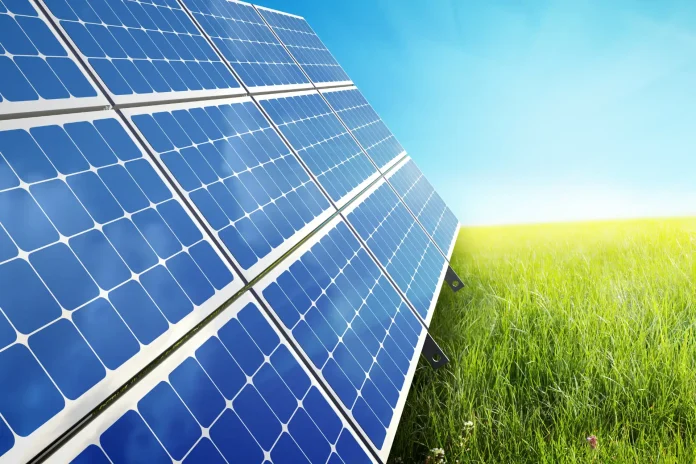As the world moves to a low-carbon economy, smart grids are emerging as innovative new technologies for managing the increasing complexity of the energy system. Smart grid solutions are intelligent power grids that use advanced sensors, communication technologies, and data analytics to optimize energy distribution, improve efficiency, and enhance reliability.
Challenges of the Energy Change
The shift to renewable energy sources, such as solar and wind power, presents an essential challenge for traditional power grids. These intermittent and unpredictable energy sources make it difficult to balance supply and demand. Additionally, the widespread adoption of distributed energy resources, such as rooftop solar panels and solar cell material in cars, can further complicate grid management.
Smart Grid Solutions
Smart grid solutions can address these challenges by providing real-time data and insights into energy consumption and generation operations, reducing energy losses, and preventing blackouts. Smart grids can also enable demand response programs, motivating consumers to shift their energy usage to times when demand is lower.
MBZUAI’s Research on Smart Grids
Researchers at the Mohamed bin Zayed University of Artificial Intelligence (MBZUAI) are developing AI-powered smart grid solutions to optimize energy distribution, improve efficiency, and enhance reliability. Their research focuses on developing algorithms to learn from massive amounts of data to make real-time grid management decisions.
Federated Learning for Privacy Protection
One of the critical challenges in developing intelligent grids is protecting user privacy. MBZUAI researchers are using federated learning, a machine learning technique that allows for training AI models without sharing sensitive data that remains private while still enabling the development of effective smart grid solutions.
The Future of Smart Grids
Smart grid solutions are playing an increasingly important role in the energy transition. The smart grid will ensure a reliable, efficient, and sustainable power supply as the world moves towards a more distributed and renewable energy system.
The International Energy Agency (IEA) estimates that smart grids could save the global economy up to $400 billion annually by 2050. Smart grids can achieve this by optimizing energy use, reducing losses, and improving grid reliability.
Why are Smart Grid solutions needed?
Smart grids are an advanced form of electrical grids that utilize information technology to optimize electricity generation, transmission, and distribution. They are becoming increasingly important as the world’s energy demands grow and the need for sustainable land use and efficient energy solutions intensifies. To address these challenges, smart grids offer a range of benefits that make this technology essential for the future of the electricity framework.
Greenhouse Effect
Smart grid solutions can also help reduce greenhouse gas emissions by combining renewable energy sources like solar and wind power. Smart grids can increase the overall share of renewables in the energy mix by making it easier to manage intermittent renewable energy sources.
Increasing Demand for Electricity
The world’s population is growing, and economies are expanding, leading to increased demand for electricity. Traditional power grids are not designed to handle this increased demand, and smart grids can help meet the market by using existing resources more efficiently.
Improving Grid Efficiency
Current electricity grids are designed for one-way power flow from centralized power plants to consumers. This can lead to inefficiencies, such as energy loss during transmission and distribution. Smart grid solutions can help improve grid efficiency by providing real-time information about energy use and production and enabling two-way power flow. This allows for a more balanced and efficient use of electricity resources.
Smart grid solutions are a critical technology for the energy transition. They can help to optimize energy distribution, improve efficiency, and enhance reliability. Smart grids will ensure a reliable, efficient, and sustainable power supply as the world moves towards a more distributed and renewable energy system.



